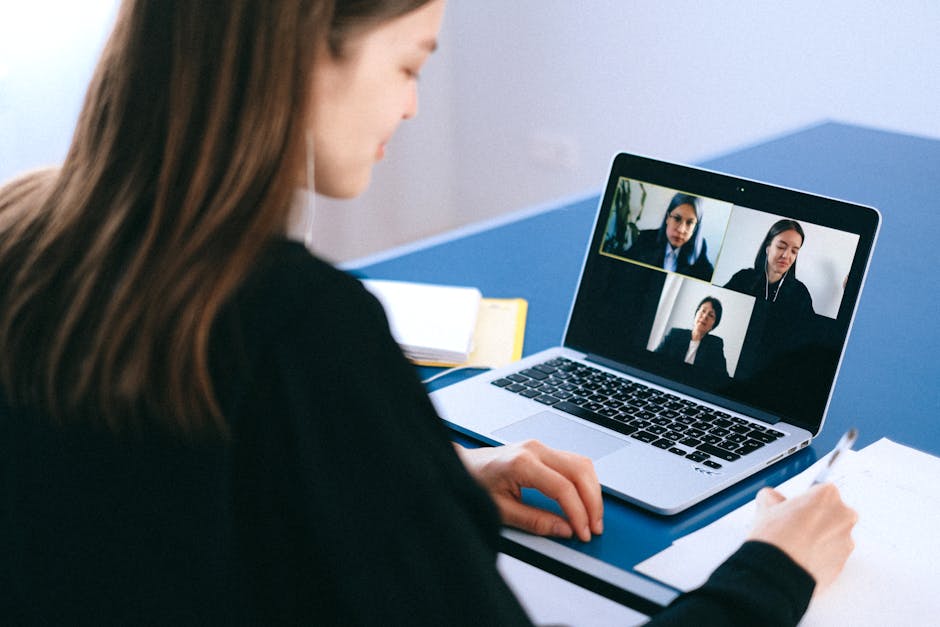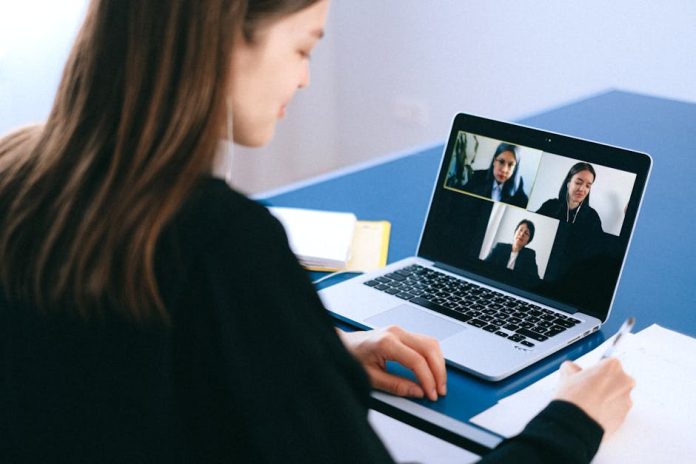
In today’s hyper-connected world, convenience often comes with a hidden cost. While your webcam and phone camera offer seamless communication and capture precious memories, they also represent a significant vulnerability to cyber attackers. The thought of a stranger peering through your lens, silently observing your life, is a chilling prospect. But is it just paranoia, or a genuine threat?
The Growing Threat of Camera Hacking
The reality is, your webcam and phone camera can indeed be hacked. This isn’t just the stuff of spy thrillers; it’s a growing concern for everyday users. Attackers can exploit vulnerabilities in software, operating systems, or even insecure Wi-Fi networks to gain unauthorized access to your device’s cameras. This access can be achieved through various methods, including:
- Malware and Spyware: Malicious software downloaded onto your device can grant hackers remote control, including access to your camera feed.
- Phishing Attacks: Deceptive emails or messages can trick you into clicking malicious links or downloading infected attachments, compromising your device.
- Unsecured Networks: Public Wi-Fi networks, if not properly secured, can be easily infiltrated, allowing hackers to intercept data, including camera streams.
- Weak Passwords and Default Settings: Using weak passwords for your accounts or leaving default settings on your devices makes them an easy target.
- Outdated Software: Failing to update your operating system and applications leaves you susceptible to known security flaws that hackers can exploit.
What Can Happen If Your Camera is Hacked?
The consequences of a hacked camera can range from inconvenient to deeply invasive. Hackers could:
- Spy on your private life: Observe your daily routines, conversations, and personal moments without your knowledge.
- Blackmail: Use captured footage for extortion or to damage your reputation.
- Gather personal information: Identify your surroundings, acquaintances, or sensitive documents visible through the camera.
- Facilitate further attacks: Use visual information to plan more sophisticated intrusions into your digital life.
How to Protect Yourself
The good news is that you’re not powerless against these threats. Taking proactive steps can significantly enhance your security:
- Cover your webcam: A simple and effective physical barrier like a webcam cover can prevent unauthorized access when not in use.
- Enable two-factor authentication (2FA): Add an extra layer of security to your accounts.
- Keep software updated: Regularly update your operating system, browser, and all applications to patch security vulnerabilities.
- Use strong, unique passwords: Avoid easily guessable passwords and never reuse them across multiple accounts. Consider a password manager.
- Be cautious with public Wi-Fi: Avoid accessing sensitive information or conducting important transactions on unsecured public networks. Use a VPN if necessary.
- Review app permissions: On your phone, regularly check which apps have access to your camera and microphone and revoke access for those you don’t trust or use.
- Be wary of phishing attempts: Never click on suspicious links or download attachments from unknown sources.
- Install reputable antivirus/antimalware software: Keep your devices protected from malicious threats.
Your digital privacy is paramount. By understanding the risks and implementing these simple yet effective protective measures, you can significantly reduce your vulnerability and regain peace of mind in our increasingly connected world.

